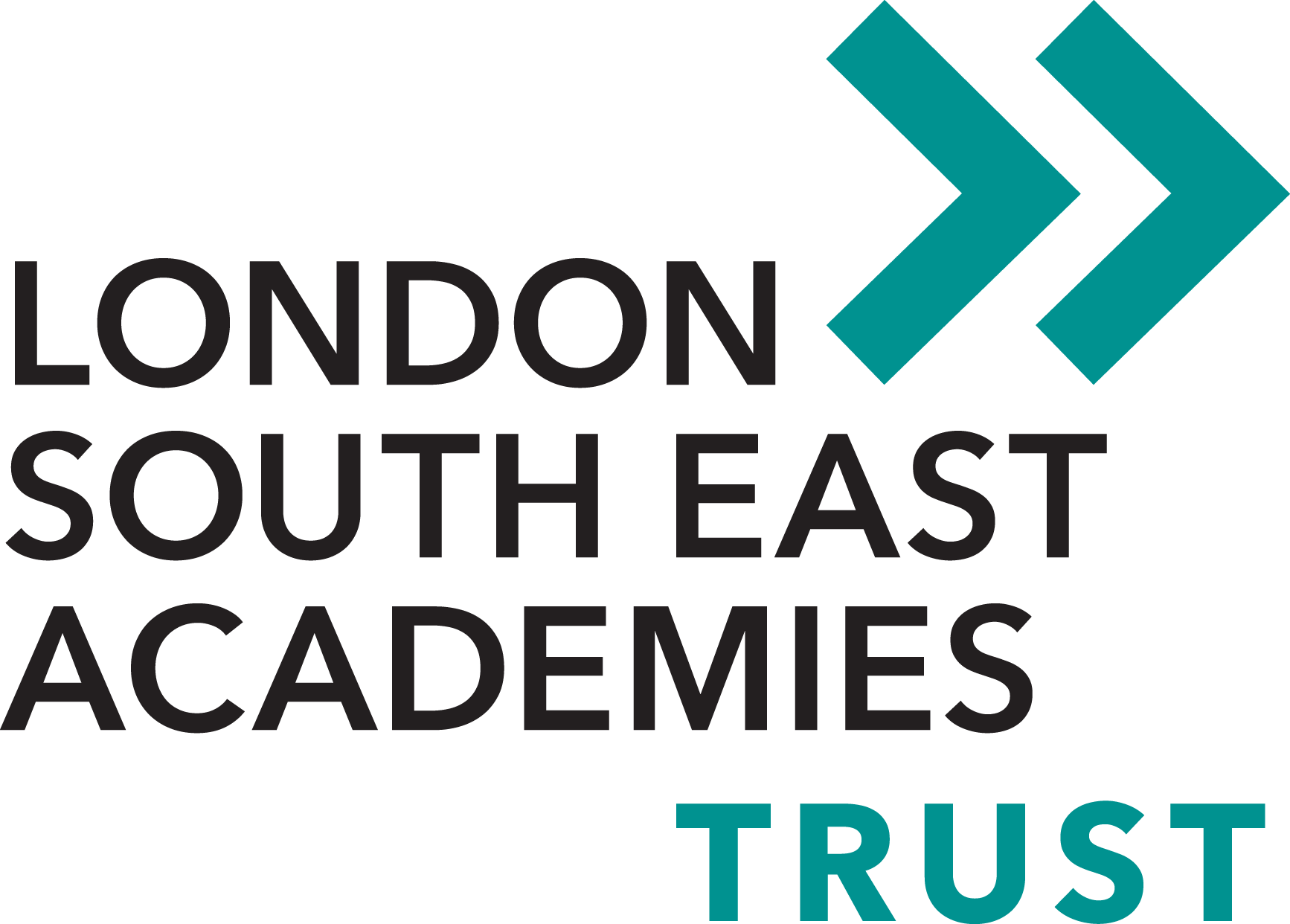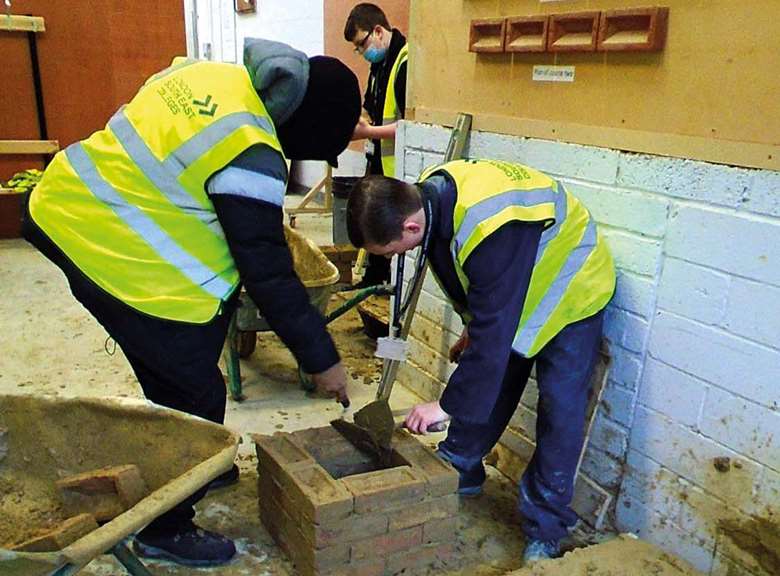Alternative provision in Bromley run by an academy trust helps pupils with SEND struggling in mainstream settings to achieve vocational qualifications.
ACTION
Our trust's network of nine schools includes mainstream, special and alternative provision.
Around 70 per cent of our students have special educational needs or disabilities (SEND). Many have education, health and care plans, setting out exactly what their learning needs are and how they should be addressed. But others, particularly those in our alternative provision (AP) schools who have been excluded, or are at risk of exclusion, from mainstream schools do not fit into this higher end of SEND. Many are dealing with undiagnosed issues, such as ADHD (attention deficit hyperactivity disorder) and dyslexia.
These pupils may not have been able to fully engage in the classroom, with challenging behaviour and disengagement being common manifestations of such underlying issues.
These young people needed a different sort of alternative provision, which would celebrate their talents, nurture their interests and prepare them for successful careers.
The London Borough of Bromley recognised this need. In partnership with the local authority, we set up our Alternative Curriculum 14-16 College. This is located at London South East Colleges, a further and higher education college that sits alongside our trust as part of London & South East Education Group, but is part of our AP school Bromley Trust Academy.
This provision is for year 10 and 11 pupils; 70 per cent of whom are at risk of exclusion and who have an interest in studying a vocational subject outside of the mainstream curriculum. Hair and beauty, multi skills and motor vehicle courses are on offer, taught by industry specialists. The young people attend college twice a week to study their vocational subject and some also come for a third day to focus on maths and English. They attend their mainstream schools for the rest of the time.
Places at the provision are jointly funded by their school and the authority, with every pupil remaining on their school roll.
This investment by both a pupil's school and the local authority reflects the recognised benefit that the provision is having on behaviour, attendance, attainment and career aspirations. This is helped via our pastoral and transition managers, who support the young people inside and outside the classroom. We ensure we know as much as possible about every young person coming in, including their learning style, any anxieties, SEND and the issues they face at school.
Class sizes are small – 15 on average – and the change of environment from a normal classroom provides real respite for the pupils.
IMPACT
Permanent exclusions from secondary schools in Bromley have been stable, despite the very negative impact that the pandemic has had on so many children and young people.
Our provision and close working with the local authority plays a key role in this, together with our trust's outreach team, which provides support and training to staff and schools across the borough.
Every pupil achieves a recognised vocational qualification at the end of year 10 and 11 (a certificate and then a full diploma). They then have the option and the ability to progress onto a Level 2 or 3 qualification at age 16.
Our trust's close relationship with the college supports progression onto higher level vocational courses and into apprenticeships – with 95 per cent of last year's cohort achieving this. These young people go from a situation at school where they are at risk of not achieving any qualifications and perhaps dropping out of education – to being some of the most vocationally qualified of their age group in the entire borough.
Crucially, our 14-16 provision offers pupils a clear line of sight to further education and careers. It equips them with the real-world skills, confidence and practical pathways needed to achieve ambitions they never would have thought possible.
In the current system, every young person is expected to fit into a mainstream, academic mould – with success generally defined as achieving high-grade GCSEs, A-levels and a university degree. Amid a serious skills shortage, we need to redefine this perception of success. We must consider what constitutes a good life for people who have talents that are not recognised or celebrated in the parameters of a mainstream curriculum.
With so many high-quality apprenticeships now on offer, there are an array of alternative pathways for people who won't be able to demonstrate or achieve their true potential in such a narrow, academically focused system.
This article was originally published in Children and Young People Now on 25 April 2023

